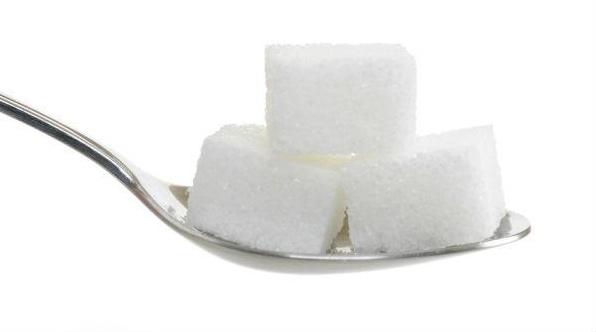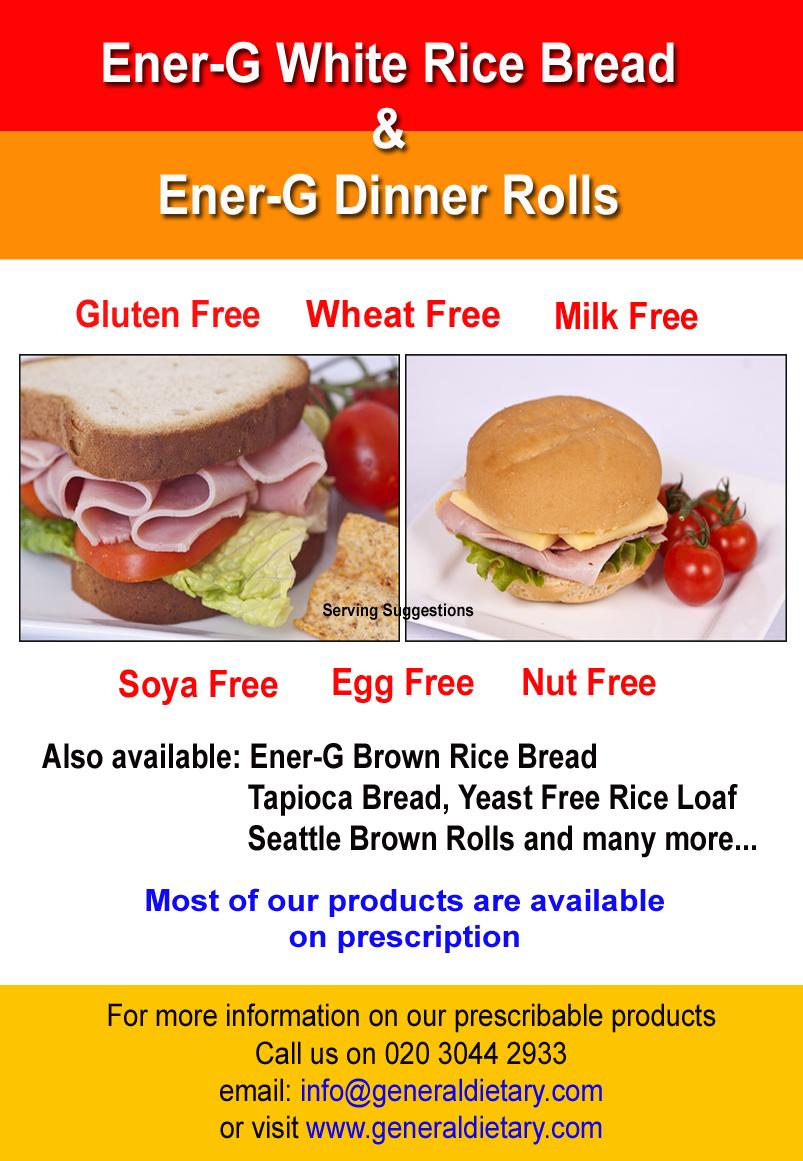
5 minute read
News
dr emma derbyshire phd rnutr (public health) nutritional insight ltd Fluids, but especially water, are essential to life. Unfortunately, fluid intakes are often overlooked from studies in favour of food and nutrient intakes. Now, new research has focused solely on evaluating fluid intakes.
A systematic review of studies was undertaken, focusing on healthy children, teens and adults living in cities. It was found that total beverage intakes ranged between 0.6 and 3.5 litres per day.
Advertisement
Plain water contributed to 58%, 75% and 80% of total beverage intakes in children, teen and adults, respectively. Milk was consumed more often in childhood, soft drinks during the teenage years and tea, coffee and alcohol in adulthood.
Overall, water contributed most to total fluid intakes, while the consumption of other drinks tended to vary according to life stage.
For more information, see: Ozen AE et al (2015). Journal of Human Nutrition & Dietetics Vol 28, Issue 5 pg 417-22.
eat fisH to imProVe VitamiN d status?
Fish is an important natural source of vitamin D. However, it’s still out on the jury whether habitual intakes alone are enough to maintain adequate status. A new paper has looked at this in detail.
A meta-analysis published in the American Journal of Clinical Nutrition analysed data from seven RCTs and two unpublished studies (640 subjects in total), all measuring fish intakes in relation to vitamin D status (as 25(OH)D).
When compared with controls, it was found that eating fish increased vitamin D levels by an average of 4.4nmol/L. Eating fatty fish led to a mean difference of 6.8nmol/L when compared with controls.
These findings show that while fish (particularly oily fish) is an importance source of vitamin D, current intakes and, indeed, recommendations are unlikely to lead to the attainment of optimal 25(OH)D status.
For more information, see: Lehmann U et al (2015). American Journal of Clinical Nutrition Vol 102, no 4, pg 837-47.
dr emma derbyshire is a freelance nutritionist and former senior academic. her interests include pregnancy and public health. www.nutritionalinsight.co.uk hello@nutritionalinsight.co.uk
latest studies oN sugar
Sugar has been a hot topic in the news recently. This has largely been driven by the SACN report on Carbohydrates and Health which has led to a number of new publications in this area.
Two new papers published in Nutrition Reviews have focused on the roles of ‘added sugars’ (those added to foods and drinks during processing and preparation) in relation to dietary quality and health.
The first paper reviewed evidence from 22 studies, with all but one suggesting that higher intakes of added sugars were associated with reduced diet quality. A further 21 out of 30 studies found higher intakes of added sugars to be associated with lower micronutrient intakes.
A second paper looked at the effect of added sugar intakes in relation to ectopic fat (fat that builds up in places other than beneath the skin). Findings from 14 RCTs suggested that excess sugar intakes were linked to larger fat depots, especially in the liver and muscle fat. That said, report bias was likely in some of these studies. Subjects were also tested under hypercaloric conditions, i.e. when they ate more calories than needed.
Taken together, these are interesting findings suggesting that ‘added’ rather than total or intrinsic sugars pose most risks to health. Now further well designed RCTs with adequate power and duration are needed.
For more information, see: Louie JC and Tapsell LC (2015). Nutrition Reviews [Epub ahead of print] and Ma J et al (2015.) Nutrition Reviews. [Epub ahead of print].
Choline is a B vitamin and an important nutrient. Nevertheless, it is often omitted from dietary surveys. Now, new work has estimated habitual choline intakes across a European population.
Choline intakes were calculated using the European Food Safety Authority European Comprehensive Food Consumption Database and food values derived using the US Department of Agriculture Nutrient Database.
Interestingly, average choline intake ranges were: 151-210mg/d for toddlers (1 to ≤3 years old), 177-304mg/d for other children (3 to ≤10 years old), 244-373mg/d for teens (10 to ≤18 years old), 291-468mg/d for adults (18 to ≤65 years old), 284450mg/d among elderly people (65 to ≤75 years old) and 269-444mg/d among very elderly people (≥75 years old). In most population groups, average choline intakes were lower than adequate intakes set by the Institute of Medicine, with meat, milk, grains and eggs providing most choline.
While these findings are a useful guide to how much choline people are eating, more work is needed to improve choline food composition databases. That way, the accuracy of future work in this area can be optimised.
For more information, see: Vennemann FB et al (2015). British Journal of Nutrition [Epub ahead of print].
berries to imProVe memory?
Berries are a great source of polyphenols, which are thought to support brain neurogenesis (the growth and development of nerves), which in turn, is involved in learning and memory. Now, new animal research has studied this further.
Aged Fischer rats (n=344) were fed a control 2.0% strawberry or 2.0% blueberry-supplemented diet for eight weeks. Behavioural changes and brain function were monitored.
It was found that rats eating the berry diets had improved cognition (brain function), with working memory found to improve the most. Improvements in brain neureogenesis were also seen.
While human trials are clearly needed, these are interesting findings suggesting that polyphenols found in berry fruits may help to support cognition and memory with advancing age.
For more information, see: Shukitt-Hale B et al (2015). British Journal of Nutrition Vol 114, Issue 10, pg 1542-49.
NH-eNews plus NHD eArticle with CPD
The UK’s only weekly
enewsletter for dietitians NHDmag.com Issue 103 April 2015NHDmag.com Issue 105 June 2015 www.dieteticJOBS.co.uk Since 2009
and
nutritionists NUTRITIONAL BENEFITS OF YOGHURT Helen Kingett Bariatric Dietitian INTENSIVE WEIGHT CONTROL PROGRAMME . . . p20 WEB WATCH NEW RESEARCH Carrie Ruxton and Frankie Phillips p25 ELDERLY CARE HOME NUTRITION PEG FEEDING: CASE STUDY FALTERING GROWTH CANCER CARE NUTRITION ENTERAL FEEDING FOLLOWING STROKE Dimple Thakrar Prescribing Support Dietitian Bolton CCG DO DIETITIANS NEED TO BE SIP FEED PRESCRIBERS? . . . p18 WEB WATCH NEW RESEARCH Marion Ireland and Shubha Moses p9 MILK ALTERNATIVESMALNUTRITIONCHILDHOOD OBESITYFOLLOW-ON FORMULAS

NHDmag.com
Serving suggestion








